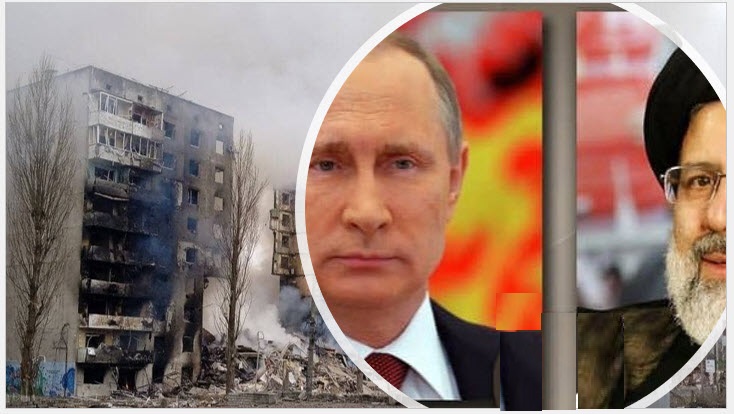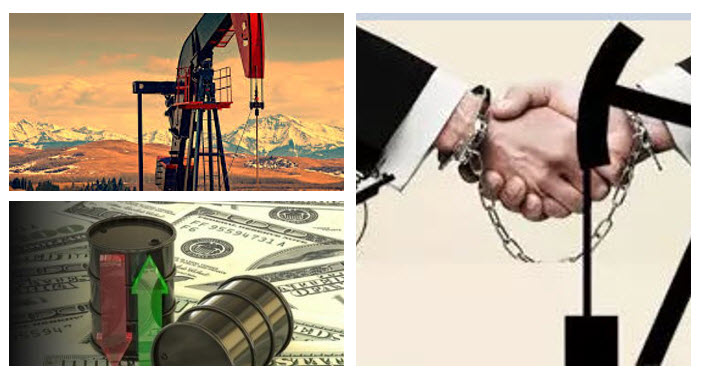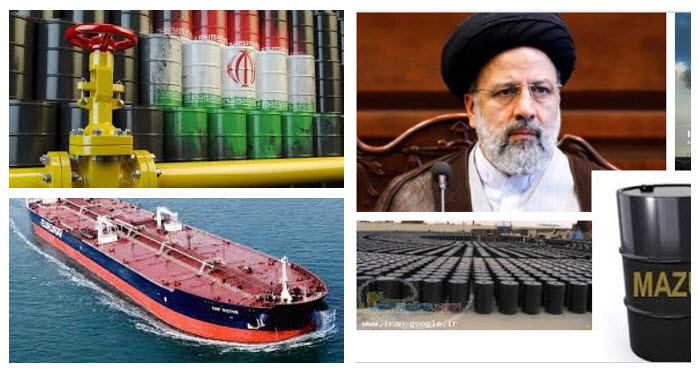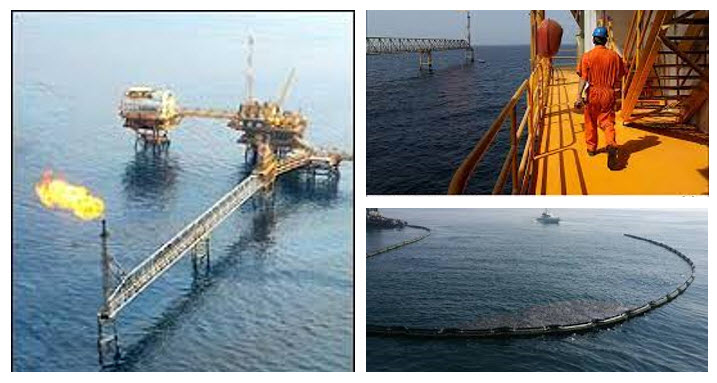
The fossil-fuel crisis has turned into a riddle. While rising oil prices suggest that oil-rich countries like Iran could benefit greatly from the crisis, it appears that Tehran is having difficulty capitalizing on the opportunity.
When the war of occupation broke out, Iran’s president, Ebrahim Raisi, rushed to the scene to show support for his Russian counterpart in the ongoing talks with Western powers to resurrect the 2015 Iran nuclear deal, formally known as the Joint Comprehensive Plan of Action (JCPOA). However, Moscow’s subsequent actions, as well as its competition with Tehran for oil sales, revealed that Raisi had picked the wrong horse.
The oil embargo imposed by the United States on the Iranian regime has severely harmed Tehran’s oil-based economy. Raisi claimed on March 31 that the regime’s oil exports had returned to pre-sanctions levels.
His comments contrasted sharply with his oil minister, Javad Owji, who stated on March 19 that “legislators decided to raise the ceiling for oil and condensates exports from 1.2 million BPD to 1.4 million barrels.” The Oil Ministry will do everything possible to achieve the budgeted level.”

On April 1, however, Owji retracted his statement, claiming that Tehran’s oil production had increased to 3.8 million barrels per day and that the regime had increased oil sales.
Iran was later discovered to be selling its oil to China at a much lower price than the market price. In the absence of a firm policy by Western powers, Tehran was raking in billions of dollars in oil revenue.
The Washington Free Beacon reported on May 31 that “a network of Chinese petrochemical refiners is behind an uptick in the importation of illicit Iranian crude oil, providing the hard-line regime in Tehran with at least $22 billion in revenue since President Joe Biden took office.”

Since the new administration in the United States took office, China has imported about 1 million BDP, according to a recent comprehensive report by the United Against a Nuclear Iran (UNAI) organization. Beijing avoided a confrontation with the West by using a series of teapot refiners, which are semi-independent and not state-controlled.
Senators in the United States have introduced legislation condemning Iran-China ties and urging the US government to condition any agreement with Tehran on the suspension of relations with Beijing.

“Experts say there has been a slump in Iranian crude oil exports to China since Russia’s invasion of Ukraine in February, along with an increase in Russian exports to China,” CNN reported on May 27.”According to the Center for Research on Energy and Clean Air, China has purchased more than 7 billion euros ($7.5 billion) worth of Russian fossil fuels since the start of the Ukraine war. The majority of that was crude oil, according to the report.
Furthermore, many experts believe Tehran’s exports to Beijing have dropped by more than a quarter. According to Iranian reports, demand for cheap Russian oil has increased in Asian markets, implying that Iran’s oil, even at higher discounts, no longer has a buyer. The Offshore Oil Company was forced to shut down the “Abuzar” oil complex as a result of this. The Abuzar Oil Complex, which is 76 kilometers west of Khark Island and produces 170,000 to 180,000 barrels per day, is Iran’s largest maritime oil complex.

Two other incidents put Tehran’s last lifeline in jeopardy. By the end of 2022, European leaders have agreed to reduce their oil imports from Russia by 90%. What impact would this have on Iran’s oil exports? Russia will control the black market for oil, selling much cheaper oil to China and India.
“The main victims of this embargo will be Iran’s secret oil exports!” Why? Because Russia, by leveraging its special ties with Iran’s oil-backed customers, particularly China, will make them a viable alternative to European countries for oil exports, according to the state-run Eghtesad online.
 MEK Iran (follow us on Twitter and Facebook), Maryam Rajavi’s on her site, Twitter & Facebook, NCRI (Twitter & Facebook), and People’s Mojahedin Organization of Iran – MEK IRAN – YouTuB
MEK Iran (follow us on Twitter and Facebook), Maryam Rajavi’s on her site, Twitter & Facebook, NCRI (Twitter & Facebook), and People’s Mojahedin Organization of Iran – MEK IRAN – YouTuB







